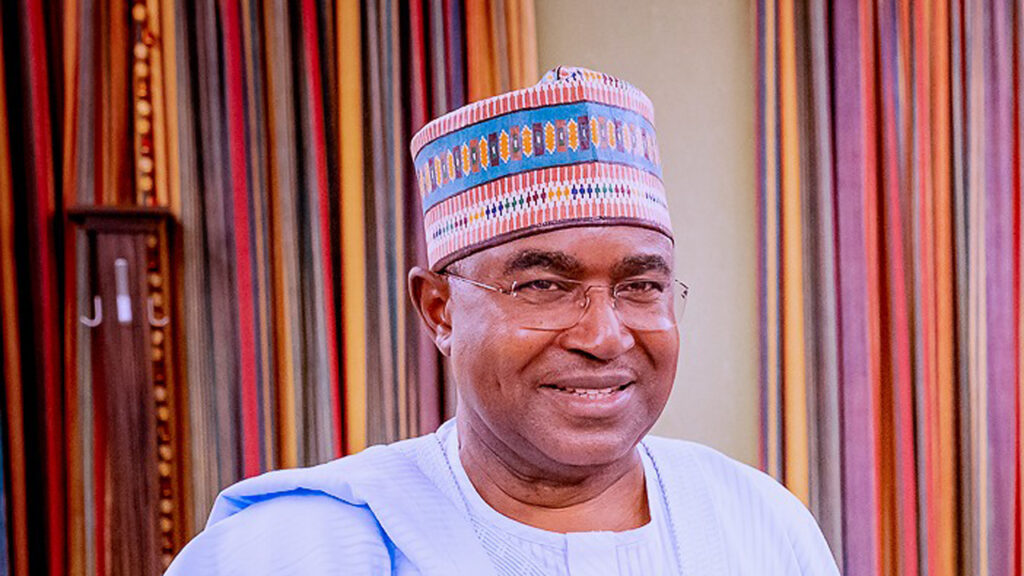
the Federation, George Akume; Vice President Kashim Shettima and President Bola Tinubu, yesterday, when the President met with state governors at the State House in Abuja.
The Minister of Information and National Orientation, Mohammed Idris, has assured Nigerians that the implementation of the Oronsaye Report will not lead to job losses.
Idris made the remarks in Abuja on Wednesday at the third edition of the Ministerial Press Briefing Series.
Idris noted that the report’s implementation aims to “reduce cost and also improve efficiency in service delivery,” not to lay off staff.
“The whole idea is that government wants to reduce cost and also improve efficiency in service delivery. It does not mean that government is out to retrench workers or throw people into the labour market,” Idris said.
He stated that the approval for the implementation of the Orosanye Report is to ensure that essential services are not compromised and that the needs of our citizens are adequately addressed while putting the interests of the nation first and foremost.
“Through the implementation of Oronsaye’s Report, President Tinubu aims to achieve significant cost savings by eliminating duplication of functions, streamlining administrative processes, and optimizing resource allocation. This proactive approach will enable the government to operate more efficiently while maintaining the quality and delivery of services to the Nigerian people,” he added.
The Minister stated that Nigerians are beginning to see the benefits of the reforms being spearheaded by the president in various sectors.
He also pointed out that reports from the National Bureau of Statistics (NBS) indicate that Nigeria witnessed a GDP growth of 3.46% in the fourth quarter of 2023 as against 2.54% recorded in the third quarter of 2023.
Idris added that the NBS report also states that capital importation rose to 66% in the fourth quarter of 2023, reversing a 36% decline in the third quarter. Petrol importation has been reduced by 50% since the withdrawal of the fuel subsidy, while the Nigerian Stock Exchange All Share Index crossed the 100,000 mark – its highest ever.
He said the achievements being recorded in the economy were not merely a stroke of luck but mainly due to the pragmatic reforms initiated by the President, which inspired investor confidence in the Nigerian economy.
The President, according to the minister, has also given a directive for the design of a Social Security Unemployment Programme to cater for the unemployed graduates as well as the setting up of a Social Consumer Credit Scheme to boost the purchasing power of Nigerians, as they make adjustments in view of the temporary economic hardship.
He noted that after the review of the National Social Investment Programme, the President has given approval for the resumption of the direct payments of N25,000 to 15 million households.













